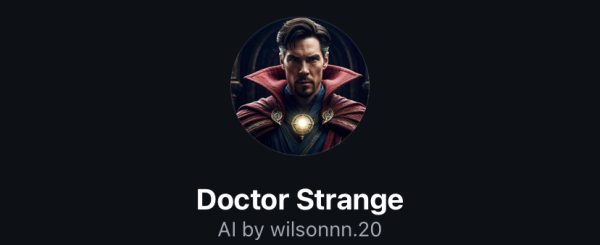Exploring a Digital Dimension: the Dark Web
T

Content found on the Dark Web typically yields shocked response.
he term “deep”, sometimes falsely christened to the Dark Web, proves to be fairly indicative of the sort of nature the platform possesses. Past the superficial reaches of the World Wide Web, the Dark Web produces depth in the sort of informational and sometimes sinister content it provides. While many are led to believe the internet is solely composed of what is delivered by mainstream search engines, these ideals are not true at all. On a grander scale, there is content that lurks below, filled with remarkable exploits distributed by users of this illusive network.
On a technical basis, there are three major platforms of the internet in use. Firstly, the superficial web is an everyday mode of use that is a commonly utilized platform. This includes much of what we find on Google, Yahoo, or other major search engines. The Deep Web, commonly mistaken for the Dark Web, includes information that your typical search engine does not pick up. For the most part, this is because of information not indexed categorically, leading to search engines failing to produce this content. Michael K. Bergman, an expert in many technological fields, including internet search tutorials, had once noted how the surface web provides weak amounts of information. In comparing the internet to an ocean and search engines to a net, he states, “a great deal may be caught in the net, but there is a wealth of information that is deep and therefore missed.” The Dark Web, however, provides a much darker and menacing experience.
Gaining media hype for its renowned elusiveness, the Dark Web has been accepted as a potential means of leaking information incognito, or exposing corrupt government factions, as utilized by the loosely organized activist group, Anonymous. By other practical means, the Dark Web can be used for well-meaning intentions. For instance, the exclusive platform-based browser, TOR, can surpass certain internet restrictions enforced by a governmental unit. In countries that hold restrictions in given parameters of accessibility, this frame of use actually proves to be quite beneficial in breaking down firewalls. With options to anonymously post or access controversial content without the fear of being tracked or punished, the Dark Web can be a potentially helpful tool. However, it should be known that many hackers can track and potentially locate other users.
On the other hand, the Dark Web should be adequately noted for its equally sickening reputation. Many users, some on Reddit and through equally creepy, yet still legal, surface sites like 4-Chan have described some of the gut wrenching content one might find. From content like child pornography, distribution providers for illegal substances, and hit-man services, the dark web utilizes the full extent of its untraceable notoriety. What makes these services quite remarkable to outside viewers of this twisted digital dimension is the intricate system of networking and precisely maintained services. A once popular service known as Silk Road, well documented by the media after the FBI had seized the site itself in 2011, was known for its carefully calculated distribution of illegal substances. Soon after its removal, many other copycat sites emerged in its place. This feature is common in the Dark Web with sporadic growth of content and sites, which somehow proves to be self-sustaining as the proclaimed digital hydra manages to replace removed content.
Through deeper and much darker forms as well, the internet is a valuable resource as a tool when used effectively by its wielder. Whether social consequences or moral implications hinder the effectiveness of such a tool is a matter in the hands of the users in question themselves





